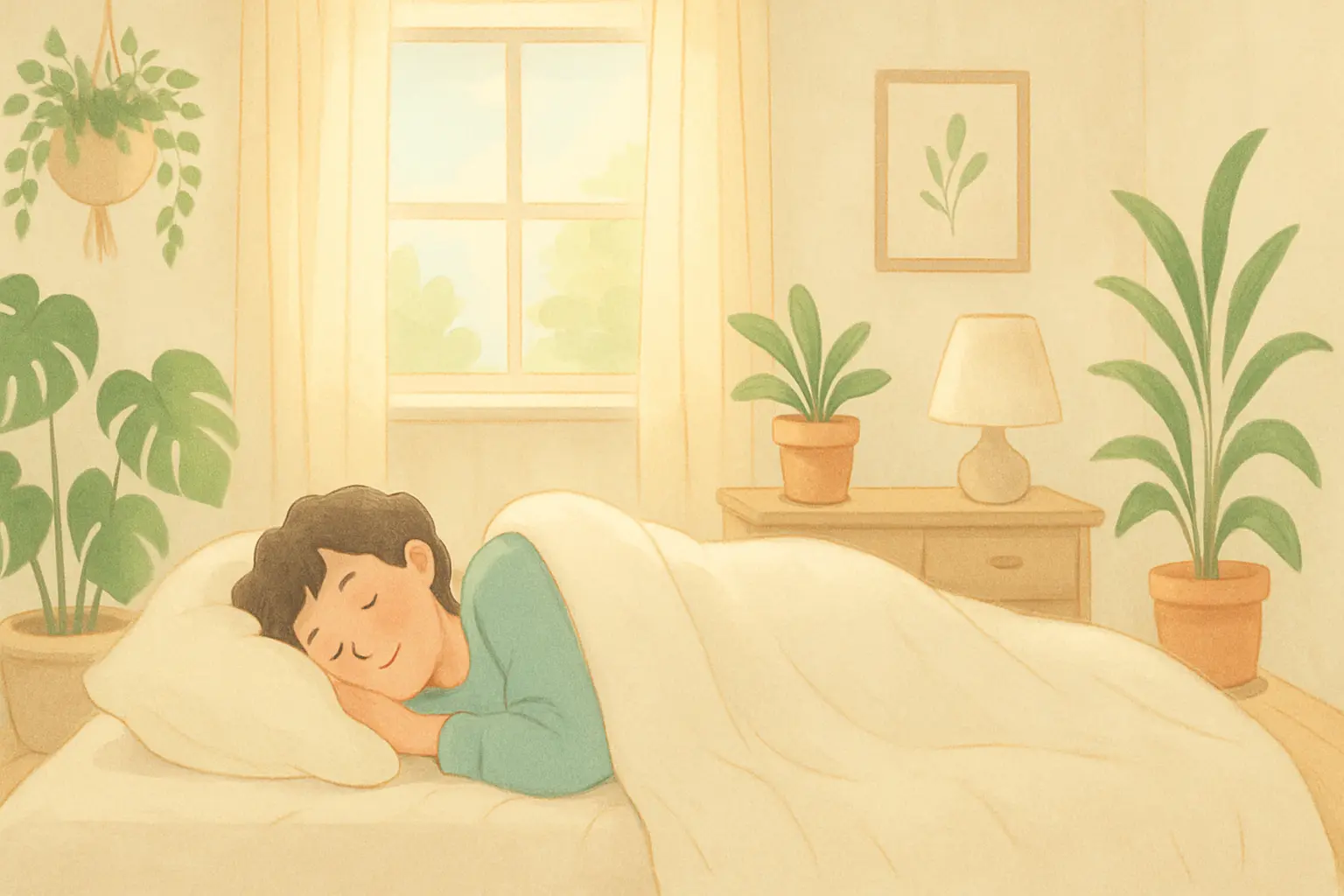The Ultimate Guide to Sleep Hygiene: Small Changes, Big Sleep Wins
“Just five more minutes…” You lie there, staring at the ceiling, scrolling your phone, promising yourself sleep will come soon. If that sounds familiar, you’re not alone. Many people know they should sleep better but don’t realize how small daily habits can sabotage rest.
Sleep hygiene isn’t about a fancy mattress or expensive gadgets — it’s about simple, consistent routines that cue your body it’s time to rest.
What Exactly Is Sleep Hygiene?
Think of sleep hygiene as the bedtime equivalent of brushing your teeth. It’s the combination of environmental factors, daily habits, and routines that improve your ability to fall asleep and stay asleep. Poor sleep hygiene can lead to:
- Tossing and turning all night
- Waking up groggy even after 8 hours in bed
- Frequent nighttime awakenings
- Daytime irritability and low concentration
Practical Sleep Hygiene Tips You Can Start Tonight
-
Keep a consistent schedule.
Go to bed and wake up at the same time every day. It might sound obvious, but your circadian rhythm thrives on consistency. -
Ditch screens before bed.
Phones, tablets, and laptops emit blue light that tricks your brain into thinking it’s daytime. Try a 60-minute “screen curfew” — read a book, stretch, or journal instead. -
Optimize your sleep environment.
Darkness, cool temperatures (18–20°C / 65–68°F), and quietness help your body enter deep sleep faster. Even small adjustments, like blackout curtains or a white noise machine, make a big difference. -
Watch what and when you eat.
Heavy meals or caffeine close to bedtime disrupt your sleep cycles. A light snack is fine, but avoid caffeine at least 6 hours before bed. -
Incorporate relaxation techniques.
Breathing exercises, progressive muscle relaxation, or guided meditation can reduce stress and signal your body it’s time to rest.
Track and Understand Your Sleep
Knowing your sleep patterns makes changes stick. Tools like SnailSleep help you:
- Monitor snoring or light sleep disruptions
- Analyze how lifestyle factors affect sleep quality
- Detect potential early signs of sleep apnea
With data, you can make informed tweaks instead of guessing why you wake up at night.
Real-Life Example: Emma’s Transformation
Emma, a 27-year-old teacher, used to lie in bed for hours scrolling her phone. Her mornings were sluggish, and afternoons a struggle. By implementing a consistent sleep schedule, removing electronics 90 minutes before bed, and tracking her progress with a smart app, she now sleeps through the night and wakes up naturally feeling refreshed. Her productivity skyrocketed, and her energy stayed stable all day.
Little Habits, Big Impact
Sleep hygiene isn’t an all-or-nothing approach. Small steps — like moving your phone out of arm’s reach, dimming the lights, or drinking a cup of herbal tea — can compound over weeks. These seemingly minor changes have big wins for your sleep quality, mental health, and overall well-being.
When to Seek Extra Help
Even with excellent sleep hygiene, some issues may persist, such as chronic insomnia, sleep apnea, or restless leg syndrome. In these cases, consulting a sleep specialist or using an app like SnailSleep for detailed tracking can guide you toward professional evaluation and treatment.
Related Articles
- Tracking Your Sleep with Technology: A Step-by-Step Guide
- How Stress Sabotages Your Sleep — And What You Can Do About It
- Why Light Pollution Is Stealing Your Sleep (and How to Fight Back)

